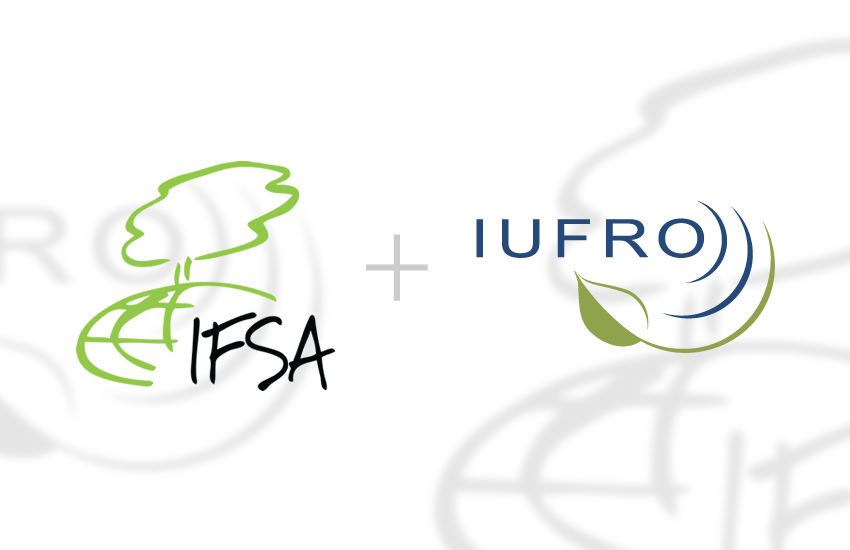th International Forestry Students Symposium IFSS 2017 is being hosted in South Africa and the organising committee along with Southern African Forestry students are thrilled to officially start beating the drums and blow the horns of calling IFSA world to Africa. Running from the 2nd to the 17th of July 2017, the symposium boasts an extensive pre-symposium, symposium and post-symposium program. The theme for the event is “Practising forestry in a diverse environment ‘Siyaphi’: Where to from here?”. This theme will unpack globally relevant issues of the changing dimensions of forests as we have known them for the last century. The word Siyaphi is a Xhosa language word that translates to the English language as where are we headed to now, what strategies do we have in place to move and get to where we are going to. The theme is indeed broad yet in every sense focused towards the uncharted waters that the forestry world has had to go into, and rapidly so in the past 20-30 years. The carbon industry for instance is solely based on the survival of forest ecosystems yet foresters have always treated carbon as a by-product of their beloved forest ecosystems. As global change becomes a key role player and in cases such as the carbon story, forest-water-energy cycles that foresters were so in tune with have been neglected. The world has to a large extent now taken on a purely consumptive and beneficiation paradigm with regards to forests. This demand on forests from the rest of the globe puts forest management in light of not only managing forests in isolation but rather within a broader framework of the diverse environment that forestry now finds itself in. In South Africa the relevance of the theme cannot be more justified as even the socioeconomic conditions of the country are in transition. Asking this question in a country that is defined by the diversity in landscapes and people and a country that has for more than a century now managed introduced species plantations for the sake of fibre and timber production due to limited natural forests is indeed a feat for International Forestry Students. As one of our University professors recently said ”you can’t afford to have such a diverse and organic group of international students for IFSS and not ask the good questions through your theme, the intellectual capital is just splendour to have in one space”. Organised by five forestry-training universities in South Africa (Nelson Mandela Metropolitan University, Stellenbosch University, Fort Cox Agriculture and Forestry Training Institute, University of Venda and University of Pretoria), the organisational capital for the event has momentum. The symposium will be a two week tour across five of the nine geographical provinces in South Africa. The route will follow a coastal passage, starting from afro temperate forests, through Albany thicket, to grassland then to savannah woodlands and all the while additionally exploring South Africa’s high yield, intensively managed plantation forests. For those that want to be in the African outback the IFSS is a chance to do that while enhancing your forestry education at the same time. Hikes, game drives and fire parties are some examples of what IFSS will offer. A substantial part of the program will be academic and student paper and poster presentations are encouraged, In fact, the post-symposium programme will be an opportunity to attend a prestigious Southern African forestry Science Symposium with the chance of also presenting your work there. For those that would want to arrive a day or two earlier before the symposium, a pre- programme packed with adventure and adrenaline pumping activities is also on the cards. Registration for IFSS 2017 has already opened and the first call will close on the 28th of February. Please go to ifss2017.wordpress.com for further details on registration and the symposium. Also follow the IFSS2017 Facebook page for frequent updates. About the author: Tatenda Mapeta is a PhD Forestry student at NMMU. Her work revolves around catchment hydrology-land use impacts. She is also passionate about international forest education matters. She can be contacted on tatenda.ifsa@gmail.com]]>
About the Author: Simone Massaro
Head of Web Subcommission 2018-2020
